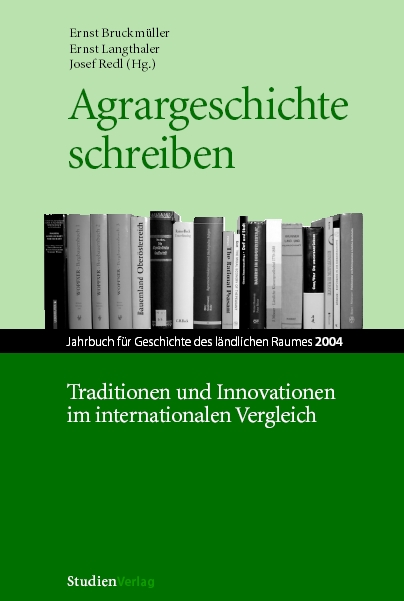Aus dem Südwesten
Perspektiven der Geschichte ländlicher Gesellschaft in Spanien vom 18. bis zum 20. Jahrhundert
DOI:
https://doi.org/10.25365/rhy-2004-11Abstract
The article focuses on the role of contemporary agrarian history in Spanish historiography. A new epistemological frame opened up after Franco’s Dictatorship. The importance of the agrarian sector until the 1960s in Spanish economy, society and culture served as a basis for new historical research from the 1980s. The new historical trends as well as regional and local history had a significant impact on agrarian history. Moreover, new studies in the 1990s succeeded in incorporating Spanish agrarian history into the discussions in other European countries. In relation to the agrarian reforms of the nineteenth century, the regional diversity and the variety of economic activities of agents emerged as new subjects of research. Furthermore, the old political history was transformed into the social and economic study of persistent clientelism in agrarian society. Recently, political mobilization and social protest (as a form of political participation outside the political institutions) from the point of view of individual experiences belong to the most important items of historical studies. Additionally, research on the rural family or the role of women in agrarian society is a recent contribution of Spanish agrarian historiography. During the last years, environmental history emerged as a new field for rural historians. In this respect, the use of water as a scarce resource in agrarian society and the consequences of the destruction of the common land are studied from an environmental perspective.


